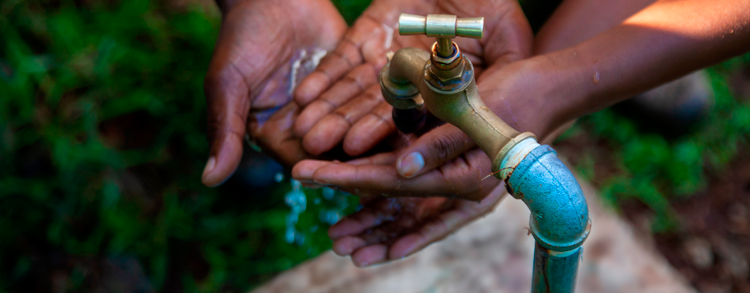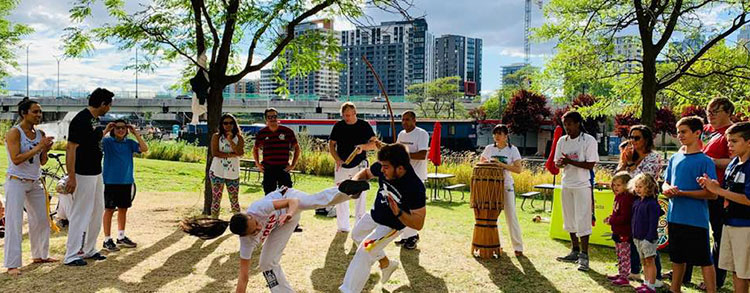Foreign investment may end historical deficit and promote economic and social growth
By Estela Cangerana
The new legal framework for basic sanitation in Brazil, under discussion in the House of Representatives, should definitely pave the way for international companies and funds willing to invest in a long-awaited billion-dollar business of enormous relevance to the economic and social development of the country. This translates into an injection of about R$ 700 billion by the year 2033, which would take Brazil from the 112th position among 200 countries in the United Nations Children’s Fund (UNICEF) sanitation ranking.
According to statements by Economy Minister Paulo Guedes, the expectation is that there will be trillions of dollars abroad just waiting for the regulatory change to be brought into the sector in the coming years. The Brazilian numbers are impressive: 100 million Brazilians (47.6% of the population) do not have sewage collection and 35 million do not even have access to drinking water, according to data from the institute “Trata Brazil”. More than half of the country’s sewage (55.5%) is not treated.
In addition to the obvious social and environmental benefits, an important economic boost from this investment is estimated. Not only for the immediate generation of employment and income from the projects, but also for the generation of better development conditions of the communities affected after the constructions. Impacts should be felt especially among the female, black and indigenous populations, according to a survey by BRK Ambiental, the largest private sanitation company in Brazil, controlled by Canadian resource manager Brookfield Business Partners since 2017 and one of the potential investors in the sector. The company plans to invest another $7 billion in Brazil over the next five years.
“The sanitation infrastructure in Brazil is from the last century. The lack of it is a factor in gender and race inequality, which brings women as its great victims”, said BRK President Teresa Vernaglia, who recently spoke at event about Diversity and Inclusion at the Chamber of Commerce Brazil Canada. She highlighted statistics such as the removal of 8 million women a year from their daily activities due to diarrhea alone. Girls with no toilets at home perform 25% less than other students on the National Secondary Education Examination (ENEM) and female workers in the same condition earn 73.2% less than those with a bathroom at home. “Access to water and sewage would immediately lift 635,000 women out of poverty, mostly black and young,” said the executive.
“In five to seven years of investments, the reality of a community changes radically,” she said, mentioning the case of the city of Uruguaiana, in the state of Rio Grande do Sul. The company started the work in the municipality in 2011 and from then on, has managed to raise sewage coverage from 8% to 94% of homes. Among other things, this resulted in a drastic reduction of 28 times in diarrhea cases between 2012 and 2018, from 3,000 to only 106 a year, according to the Municipal Health Secretariat. For every $ 1 invested in sanitation, you save more than $ 4 in public health. The vote on the new legal framework of the sector (Bill 3261/19), which facilitates the entry of private capital, is about to take place in the House Plenary this December. The text then goes to the Senate vote and President Jair Bolsonaro is expected sanction it later this year.





